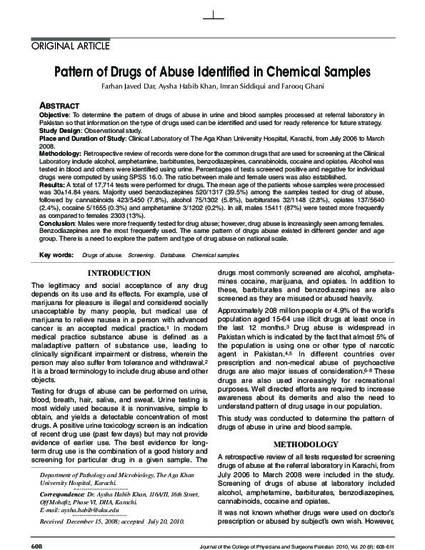
This study describes the frequency, demographics, clinical presentation, endoscopic findings, histopathological features, treatment and outcome of 'Immunoproliferative small intestinal disease' (IPSID). Archives contained a total of 27 cases of IPSID diagnosed and treated over an 18-year period. A M: F ratio of 2.4:1 was seen with a mean and median ages of 28.7 and 25 years. Most patients (68.8%) presented with abdominal pain and diarrhoea. In the majority (62.5%), duodenum was the primary site of involvement. Endoscopy showed polypoidal, raised or flat lesions. Biopsy findings included blunting or flattening of villi with dense plasma cell infiltrate and lymphoepithelial lesions. Twenty-four cases were categorized as stage A and B (benign and intermediate) and three were categorized as stage C (malignant, diffuse large B-cell lymphoma with plasmacytoid features). Stage A and B patients responded well to antibiotic treatment (tetracycline) with regression of the lesions while for stage C patients standard CHOP chemotherapy was administered.
Available at: http://works.bepress.com/shahid_pervez/56/
